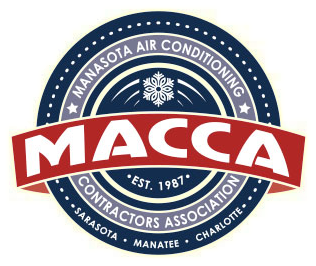IRS Relief for Businesses & Individuals
IR-2017-155, Sept. 15, 2017
WASHINGTON -- Hurricane Irma victims in Florida have until Jan. 31, 2018, to file certain individual and business tax returns and make certain tax payments, the Internal Revenue Service announced today. This includes an additional filing extension for taxpayers with valid extensions that run out on Oct. 16, and businesses with extensions that run out on Sept. 15.
The IRS is now offering this expanded relief to any area designated by the
Federal Emergency Management Agency (FEMA),
as qualifying for either individual assistance or public assistance in Florida.
The tax relief postpones various tax filing and payment deadlines that occurred starting on Sept. 4, 2017 in Florida. As a result, affected individuals and businesses will have until Jan. 31, 2018, to file returns and pay any taxes that were originally due during this period.
This includes the Sept. 15, 2017 and Jan. 16, 2018 deadlines for making quarterly estimated tax payments. For individual tax filers, it also includes 2016 income tax returns that received a tax-filing extension until Oct. 16, 2017. The IRS noted, however, that because tax payments related to these 2016 returns were originally due on April 18, 2017, those payments are not eligible for this relief.
A variety of business tax deadlines are also affected including the Oct. 31 deadline for quarterly payroll and excise tax returns. Businesses with extensions also have the additional time including, among others, calendar-year partnerships whose 2016 extensions run out on Sept. 15, 2017
and calendar-year tax-exempt organizations whose 2016 extensions run out on Nov. 15, 2017.
The disaster relief page has details on other returns, payments and tax-related actions qualifying for the additional time.
In addition, the IRS is waiving late-deposit penalties for federal payroll and excise tax deposits normally due during the first 15 days of the disaster period. Check out the disaster relief page for the time periods that apply to each jurisdiction.
The IRS automatically provides filing and penalty relief to any taxpayer with an IRS address of record located in the disaster area. Thus, taxpayers need not contact the IRS to get this relief. However, if an affected taxpayer receives a late filing or late payment penalty notice from the IRS that has an original or extended filing, payment or deposit due date falling within the postponement period, the taxpayer should call the number on the notice to have the penalty abated.
In addition, the IRS will work with any taxpayer who lives outside the disaster area but whose records necessary to meet a deadline occurring during the postponement period are located in the affected area. Taxpayers qualifying for relief who live outside the disaster area need to contact the IRS at 866-562-5227. This also includes workers assisting the relief activities who are affiliated with a recognized government or philanthropic organization.
Individuals and businesses who suffered uninsured or unreimbursed disaster-related losses can choose to claim them on either the return for the year the loss occurred (in this instance, the 2017 return normally filed next year), or the return for the prior year (2016). See Publication 547 for details.
The tax relief is part of a coordinated federal response to the damage caused by severe storms and flooding and is based on local damage assessments by FEMA. For information on disaster recovery, visit disasterassistance.gov.
For information on government-wide efforts related to Hurricane Irma, visit www.USA.gov/hurricane-Irma.
Follow the IRS on Social Media Subscribe to IRS Newswire

